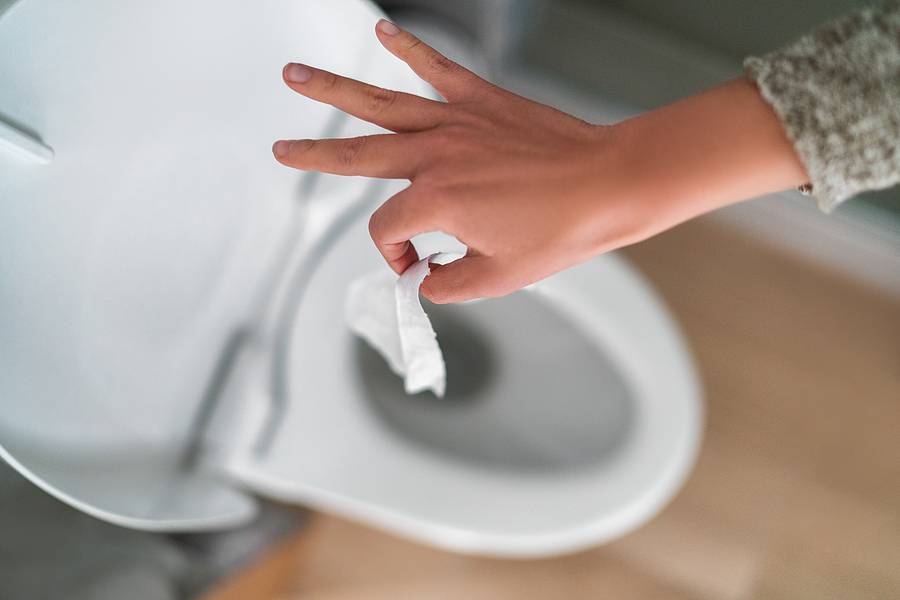
03
In today's fast-paced world, convenience and efficiency are highly valued. When it comes to household products, "flushable" wipes have gained popularity as a convenient alternative to traditional toilet paper. However, many homeowners are left wondering whether these products are truly safe for their septic systems. Here’s the relationship between flushable products and septic tanks, shedding light on whether the term "flushable" is equal to being septic safe.
While the term "flushable" implies that a product can be safely flushed down the toilet, it does not necessarily mean that it is compatible with septic systems. Septic tanks are designed to process human waste and biodegradable materials effectively. However, the majority of flushable wipes do not disintegrate as easily as toilet paper, posing a significant risk to septic systems. For more detailed information on these flushable items, contact a septic company in Rock Hill.
When non-biodegradable items, such as flushable wipes, enter a septic tank, they do not break down as quickly as toilet paper. Instead, these wipes can accumulate and form blockages within the system. Over time, these blockages can impede the proper flow of wastewater, leading to clogs, backups, and potential damage to the septic tank and drain field. Regular septic tank pumping becomes necessary to address the issue, putting an additional burden on homeowners' time and finances. You should perform septic tank pumping every three to five years, or however often as necessary.
Septic companies play a vital role in the maintenance and care of septic systems. Whether it's routine pumping, septic tank repair, or septic tank installation, these professionals possess the expertise needed to ensure the smooth operation of septic tanks. However, they often encounter issues caused by the misuse of flushable wipes. The accumulation of these wipes can result in a costly septic tank repair, affecting both the septic system's functionality and the homeowner's wallet.
To avoid septic system complications, it is crucial to educate homeowners about the potential hazards associated with flushable wipes. Clear labeling and transparent information provided by manufacturers are essential to help consumers make informed decisions. Manufacturers should be encouraged to develop products that truly disintegrate in a septic system, ensuring compatibility and reducing the risk of damage.
Fortunately, there are alternatives to flushable wipes that are genuinely septic-safe. One such option is using toilet paper that is specifically designed to break down quickly in septic systems. These products are typically labeled as "septic-safe" or "biodegradable." By choosing these alternatives, homeowners can maintain the integrity of their septic systems while still enjoying convenience and cleanliness. Consult with a septic company to learn which products you should purchase.
Homeowners must understand the potential risks associated with flushable products and make informed choices to protect their septic systems. Raising awareness among consumers, collaborating with manufacturers for clearer labeling, and opting for septic-safe alternatives can go a long way in preserving the health and longevity of septic tanks. Ultimately, being well-informed is the key to making responsible choices that benefit both homeowners and the environment.
Contact Charlotte Septic Pros for your septic system needs. We offer many services, including repairs, maintenance, and septic tank installations.
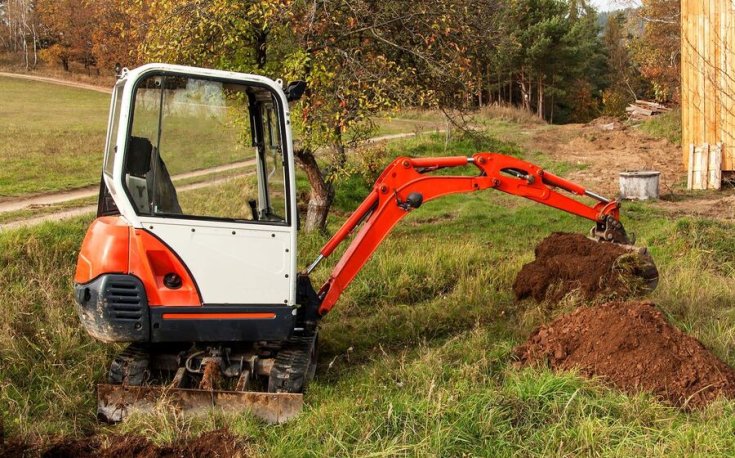
26
Choosing the Right Septic System Drain Field Expert When it comes to your home’s septic system, the drain field plays…
Read more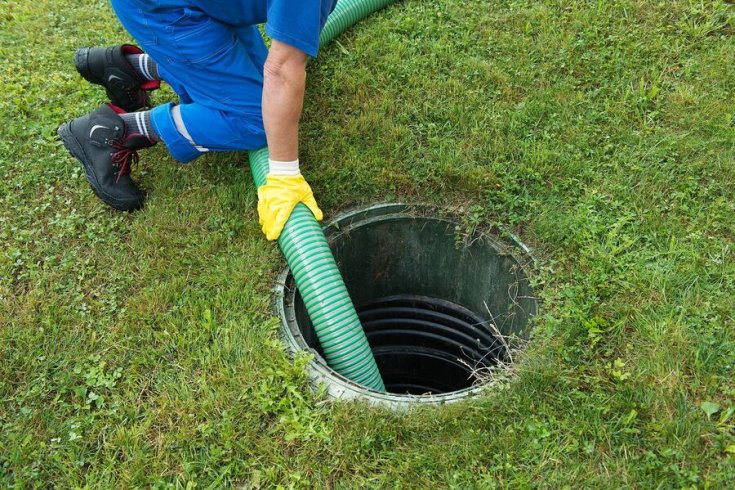
18
Reliable and Affordable Septic Services A properly functioning septic system is essential for any home or business that relies on…
Read more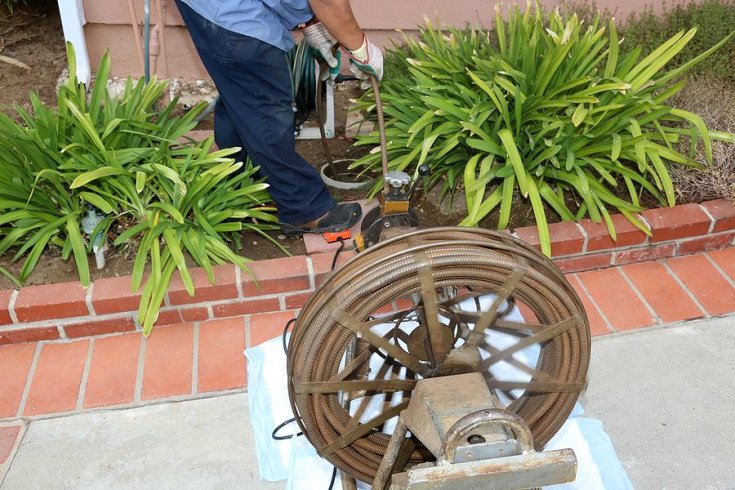
09
Signs and Solutions for a Failing Drain Field Your septic system plays a critical role in managing household wastewater, and…
Read more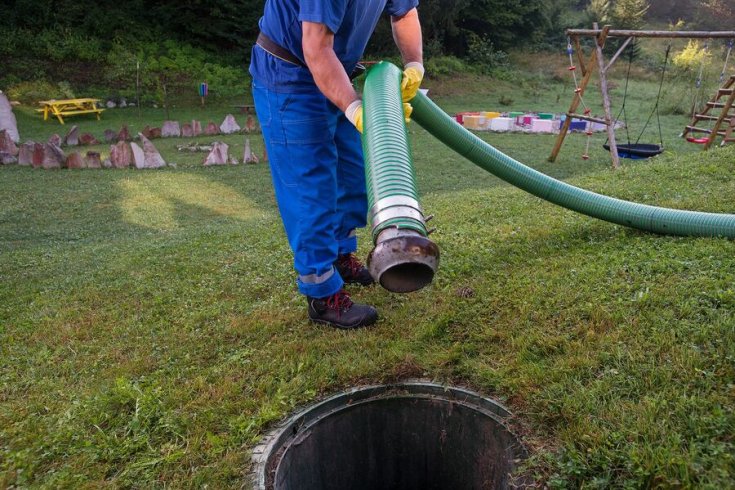
03
A Newbie’s Guide to Septic Pumping If you’re new to homeownership and have a septic system, you might be wondering…
Read more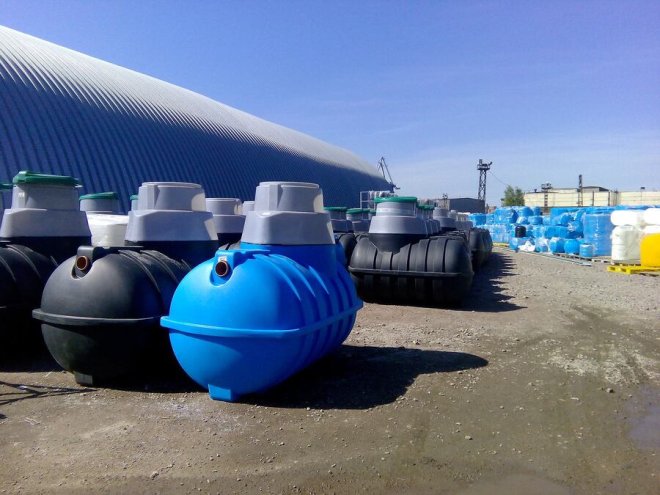
28
How to Prepare for Septic System Installation Installing a septic system is a major investment for any property that lacks…
Read more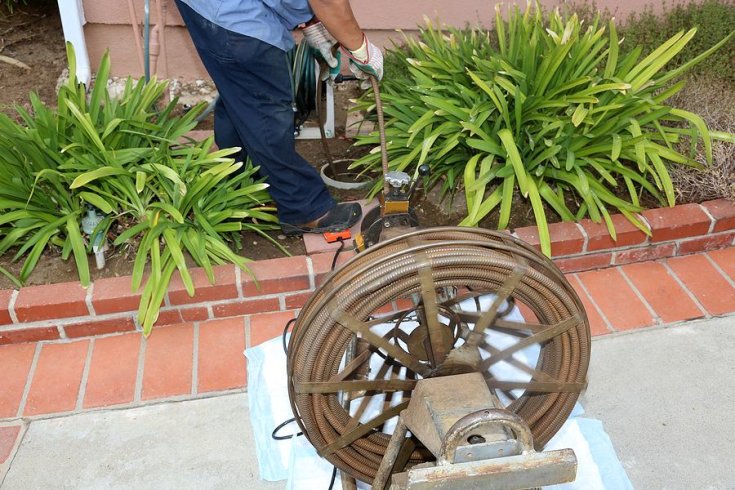
20
How Main Drain Cleaning Can Prevent Sewer Backups Sewer backups are one of the most unpleasant plumbing emergencies homeowners can…
Read more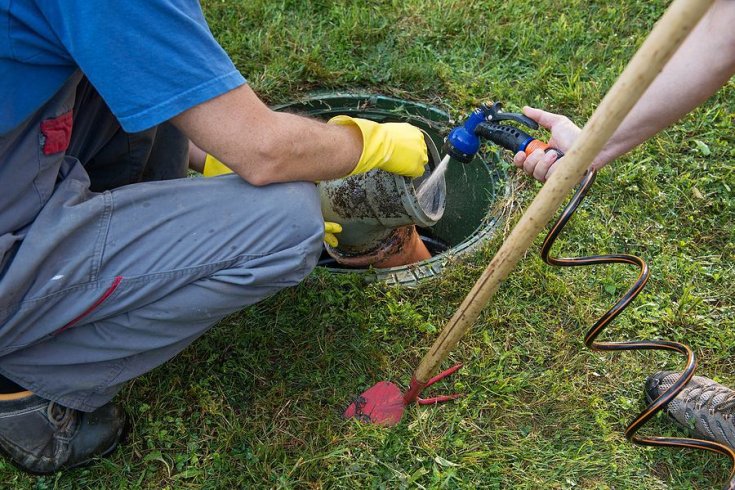
13
What to Do When You Have Drainage Problems Drainage problems can be frustrating and cause serious damage if left untreated.…
Read more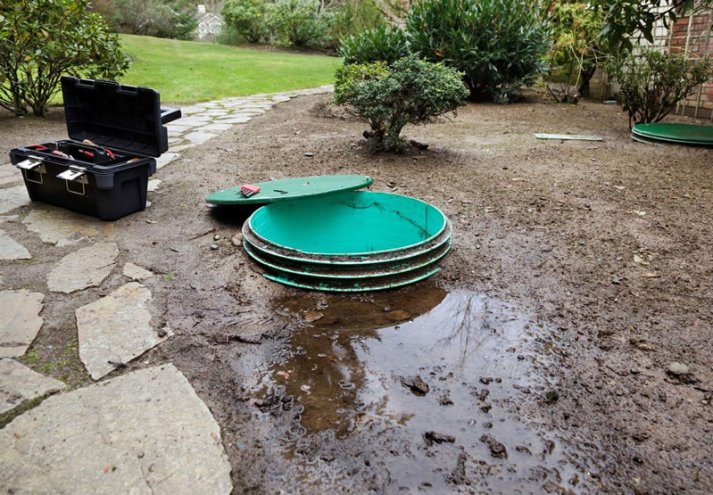
04
Signs and Causes of Septic Leaks A leaking septic system can pose serious health and environmental risks. If left untreated,…
Read more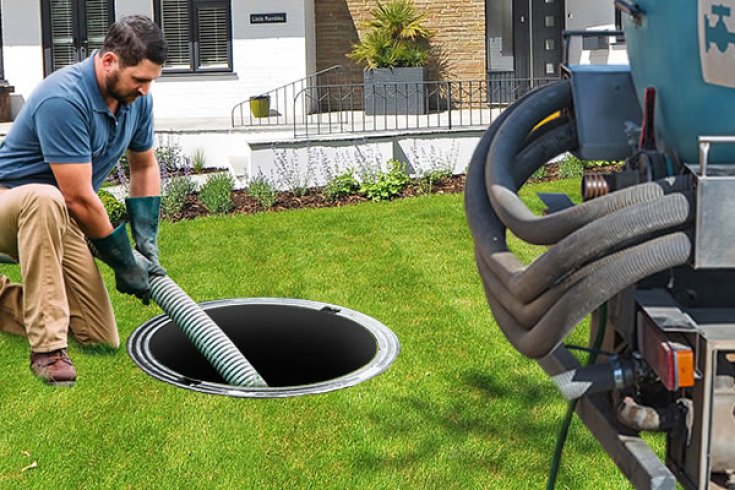
02
Unusual Septic Tank Blockages: Keeping Your Septic System Healthy A properly functioning septic system is crucial for any home or…
Read more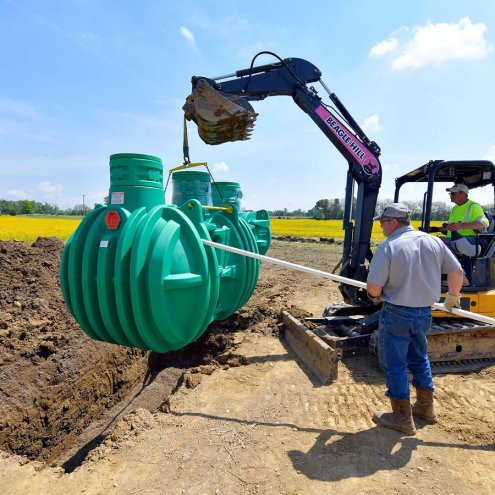
23
Seasonal Weather and Septic Systems Tank Your septic system plays a vital role in managing household wastewater, but seasonal weather…
Read more